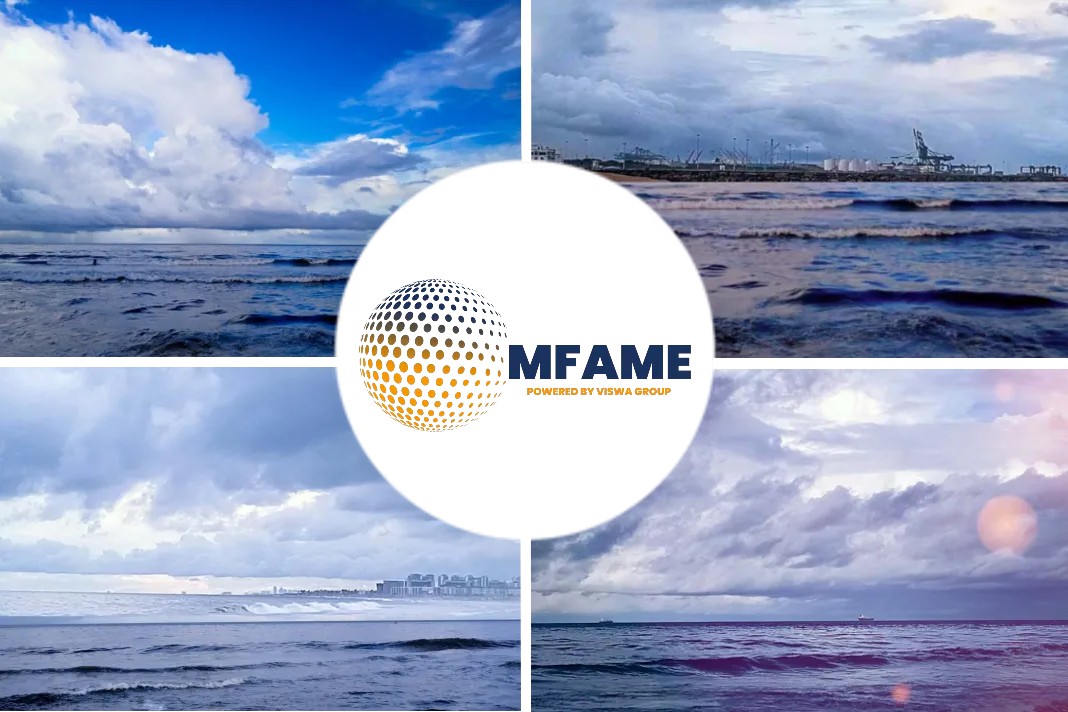
Banks are being warned to evaluate the compliance risks related to marine trade as recent research indicates that criminal organisations are employing more sophisticated techniques to avoid discovery, as reported by GTR.
Phantom shipping
The Bankers Association for Finance and Trade (Baft), an influential industry association whose members include the world’s largest trade finance lenders, says in a paper published this month that bank staff may not be familiar with the intricacies of the movement of goods by sea.
Baft says the paper should help deepen banks’ knowledge of maritime trade risks, warning that a lack of understanding “can pose challenges” if shipments or transactions are flagged as unusual or if compliance issues arise.
“Our goal is to increase awareness of the risks associated with ocean-going vessels and their potential nexus to financial crimes,” said Scott Stevenson, the association’s senior vice president of trade.
The paper outlines several areas of potential concern.
Banks should be wary of “phantom shipping”, where a shipment referred to in documentation has not actually taken place in reality, as a potential fraud or money laundering red flag.
Identity games
The paper comes as maritime intelligence companies reveal details of changing criminal techniques, largely to smuggle oil from sanctioned jurisdictions.
Tel Aviv-headquartered Windward says it is seeing more frequent use of “identity games”, where vessels are using far more sophisticated techniques than switching off AIS signals – historically a commonly used method of avoiding detection.
More “cutting-edge” techniques include using a decoy vessel, Windward says.
Criminals are also using location tampering, where the AIS signals transmitted by a vessel are machine-generated, disguising their true location.
This technique involves a vessel adopting the identity of a ship that has been scrapped, in some cases years later.
Windward says in a September paper this trend “is growing at an alarming pace”.
Illicit behaviour
Suspicions can often be confirmed by the use of satellite imagery, which can confirm the true location of a vessel or whether its location signal matches its expected physical appearance.
In the case of the scrapped vessel, imagery confirmed that only one tanker was present at the location of the “meeting”.
According to Windward, the majority of location tampering cases occur close to Iran, and overwhelmingly involve oil tankers rather than other cargo vessels.
“It becomes clear that this type of illicit behaviour is being used for one main purpose – oil smuggling,” it says.
Maritime intelligence provider Pole Star tells GTR its research – conducted in partnership with Blackstone Compliance – has identified over 400 vessels that were previously owned or operated by Russian companies but have recently been changed to entities in other jurisdictions.
Did you subscribe to our newsletter?
It’s free! Click here to subscribe!
Source: GTR















